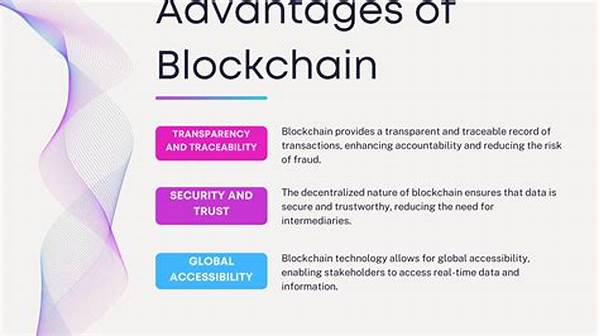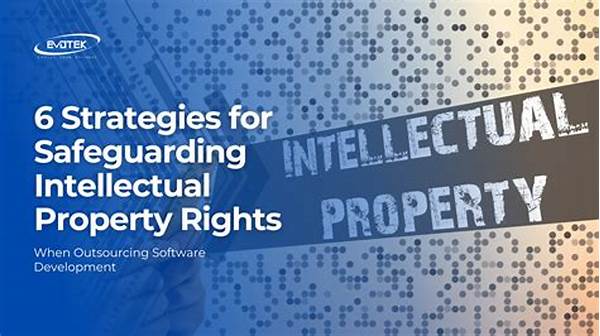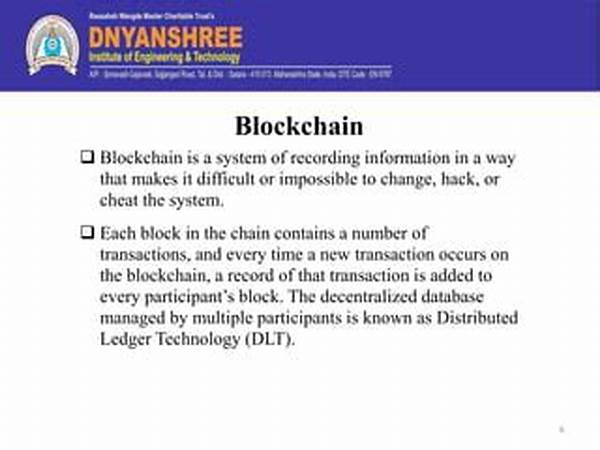Once upon a time in the bustling digital realm, a vibrant community of developers began dreaming of a world where control was no longer central. They envisioned apps that sidestepped traditional intermediaries and empowered users instead. The dawn of decentralized applications, or dApps, was upon us, and with great innovation came equally great responsibility, especially in the realm of security.
Read Now : Biometric Voter Identification Methods
Why Security Measures for Decentralized Applications Are Essential
Imagine your friend Kevin, who loves dabbling in dApps. He’s all about that blockchain life, moving swiftly from one application to the next. But then, one day, he wakes up to find his digital wallet empty. Gone. Poof! Kevin’s story isn’t unique. In a world where code rules, understanding security measures for decentralized applications is crucial to avoid such nightmares.
You gotta keep your data secure from those sneaky hackers lurking in the shadows, waiting for that one tiny slip-up. Encryption is the game here, making sure data is locked tight like a treasure chest. You wouldn’t want your personal info hanging out like yesterday’s laundry, would you? And let’s not forget about smart contracting security audits. Think of them like a dApp’s health check-up—necessary to spot vulnerabilities before they become a big “uh oh.”
Plus, don’t underestimate the power of community vigilance. You’re not alone in this security quest; a watchful community can flag issues faster than a rabbit on espresso. The bottom line? When you think of security measures for decentralized applications, think of them as your digital seatbelt. You don’t always notice it, but you’re definitely safer with it on.
Key Security Measures for Decentralized Applications
1. Smart Contract Audits: Yep, getting those audits done is non-negotiable. They sniff out vulnerabilities lurking like little gremlins in the code.
2. Data Encryption: Wrap up your info like a burrito. Security measures for decentralized applications should prioritize encryption to safeguard sensitive data.
3. Regular Security Patches: Keep your dApps up-to-date with patches. Trust us, it’s like giving your apps a vitamin boost.
4. Decentralized Identity Solutions: Forget passwords; decentralized IDs take security to another level. They’re literally game-changers.
5. Community Reporting Protocols: Encourage users to sound the alarm on dodgy activity. Crowdsourced vigilance is a thing here.
The Evolution of Security in Decentralized Applications
Alright, so you’re down with the basics of security measures for decentralized applications. But where did it all start? The inception phase was wild—devs were figuring it out as they went along, kind of like DIY-ing a jetpack. Then came the infamous hacks, which jolted the community into action. These weren’t just wake-up calls; they were alarms screaming at full volume.
Reacting, devs pulled together to bolster defenses, turning security measures for decentralized applications into a priority rather than an afterthought. From essential code audits to embedding multi-factor authentication, the landscape evolved rapidly. The community became this vibrant tapestry of proactive defense, innovation, and enhanced security protocols. The transformation was akin to leveling up in a video game—epic and full of new powers.
Pro-Tips for Beefing Up Security Measures for Decentralized Applications
Okay, fam, here’s where you step up the game. Strengthening security measures for decentralized applications goes beyond the basics.
1. Use Trusted Libraries: Ensure third-party libraries are legit and regularly updated.
2. Multi-Signature Wallets: These wallets offer an extra layer of security like a double knot on your shoelaces.
3. Bug Bounties: Reward those tech whizzes for finding vulnerabilities. It’s crowdsourced security, and it slaps.
4. Formal Verification: Geek out with mathematical models to check the correctness of algorithms.
Read Now : Improving Efficiency In Ip Litigation
5. Continuous Monitoring: Keep an eye on dApp performance like watching your favorite TV series—never miss a beat.
6. API Security: Protect APIs like they’re your top secret cookie recipe.
7. Decentralized Data Storage: Diversifying data locations can be a lifesaver.
8. Ethical Hacking Engagement: Hire hackers to break in before the bad guys do.
9. Zero-Knowledge Proofs: Get cryptographic with data verification without revealing the data itself.
10. User Education: Teach users about security practices like they’re learning to ride a bike. Secure users are happy users.
Challenges in Implementing Security Measures for Decentralized Applications
Despite all the cool gadgets and strategies we’ve got at our disposal, security challenges in dApps still sneak up. Mainly, it’s about balancing decentralization with security—kinda like walking a tightrope with style. Over-optimizing for one can weaken the other; it’s a tricky dance to master.
Also, there’s a perpetual race against time. Hackers aren’t sipping cocktails in Bahamas; they are innovating just as fast, if not faster. So, security measures for decentralized applications need to evolve constantly. Regulatory landscapes add another layer of complexity, sometimes wrapping devs in legal red tape. As rules shift, so too must the security approaches—and it’s not always smooth sailing.
The Future of Security Measures for Decentralized Applications
So, what’s on the horizon for security measures for decentralized applications? Well, they’ve got to keep evolving—like Pokémon, but more techy. AI and machine learning are getting cozy with blockchain tech to predict threats before they even hit us. It’s like having a crystal ball that actually works.
Quantum computing looms like a futuristic superhero, promising breakthroughs but also new headaches. You’ll need superhero-level security to combat that stuff. But don’t worry, the community is tight-knit. They’re always testing, sharing, and collaborating to build dApps that are as secure as they are revolutionary.
Wrapping It All Up on Security Measures for Decentralized Applications
So there you have it. The world of decentralized applications is a thrilling rollercoaster ride. While there are ups, downs, and the occasional loop-de-loop, security remains the seatbelt that keeps the ride smooth and safe. Every click, transaction, and engagement on a dApp depends on sound security measures for decentralized applications.
As the tech landscape shifts, the community’s collective response is key. Through collaboration, innovation, and continuous learning, those pioneering dApps aren’t just creating apps—they’re crafting the future of trust and security in the digital world. So let’s strap in, stay informed, and keep those security measures tight. After all, in the dApp universe, being secure means being free to fully explore and innovate.



